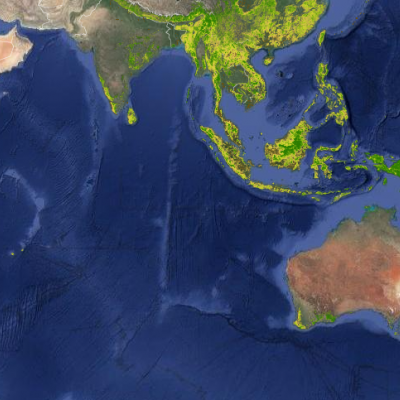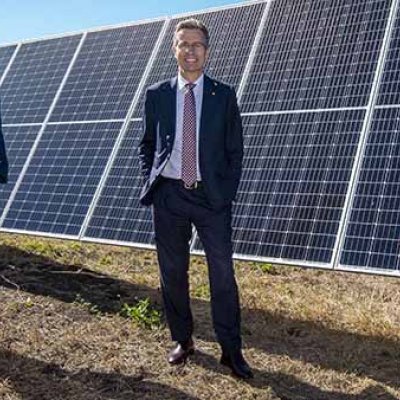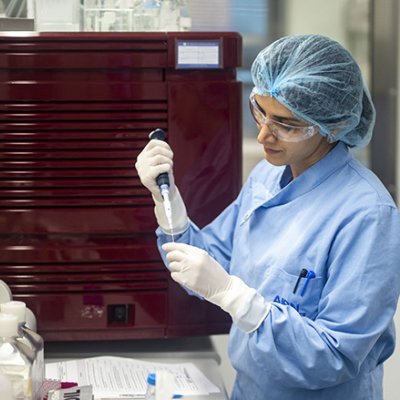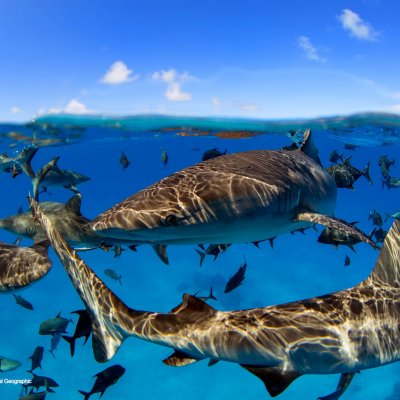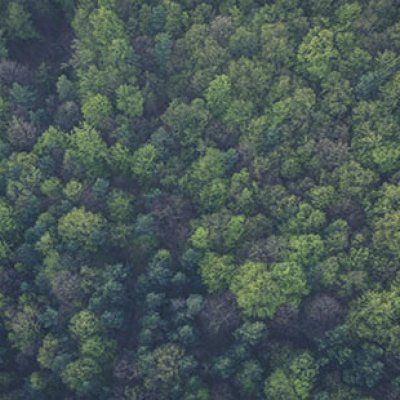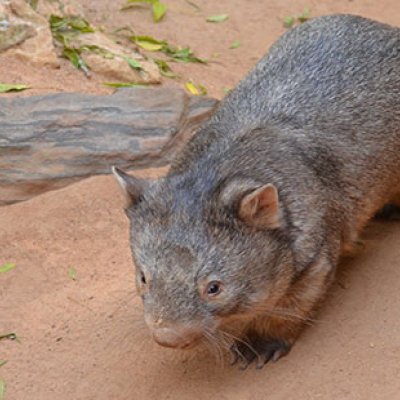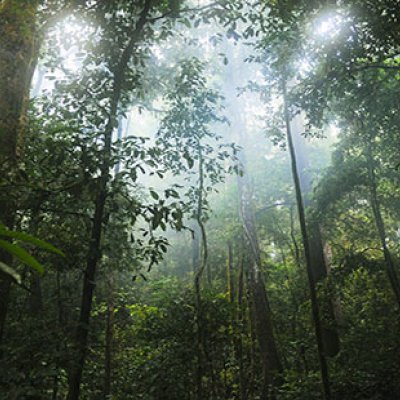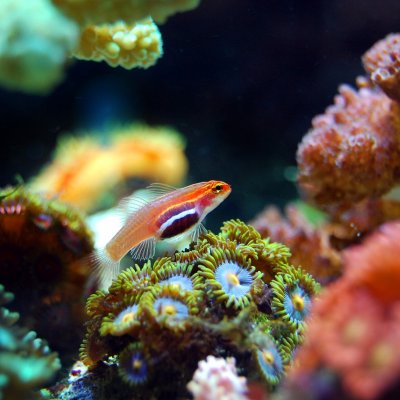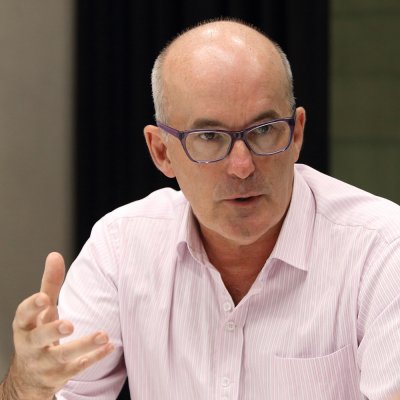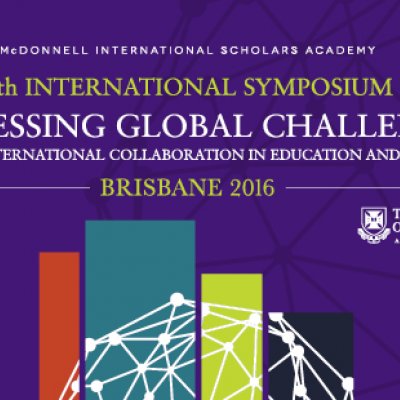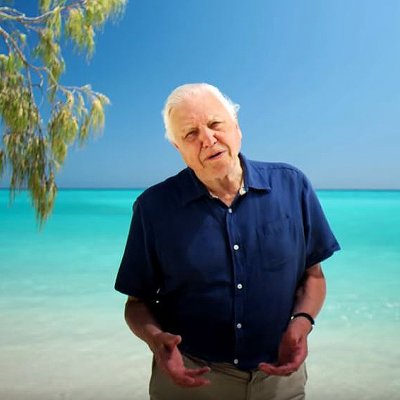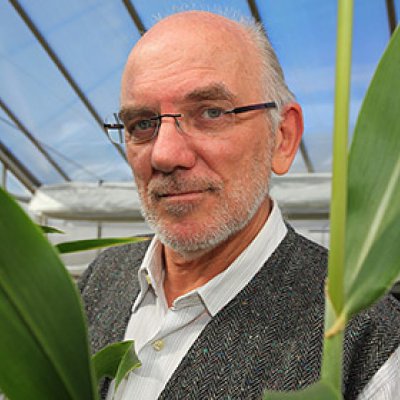A world-first real-time bushfire hazard detection and warning system using artificial intelligence (AI) is under development thanks to a new partnership between The University of Queensland and Google.org, Google’s philanthropic arm.
11 December 2021Stabilising reef rubble may help corals recover faster after being damaged by the impacts of climate change and natural degradation.
2 December 2021The unique brainpower of octopuses – known for their intelligence and Houdini-like escapes – has been revealed by University of Queensland researchers.
22 November 2021The tropical root vegetable taro, known as the ‘food of the gods’ in the Pacific, is under threat from rising sea levels but wild Australian plants being cultivated by The University of Queensland may help boost food security in the region.
21 October 2021An international study has found a global target to eradicate childhood anaemia by 2030 will fail, presenting a major public health challenge.
13 August 2021As silicon-based technology reaches its absolute limits, a material engineered by University of Queensland researchers could herald the next generation of electronics with more memory, faster speeds and advanced features.
8 July 2021Only 40 per cent of forests are considered to have high ecological integrity, according to a new global measure, the Forest Landscape Integrity Index.
9 December 2020Australia’s renewable energy research capacity has been boosted with the completion of The University of Queensland’s 64 megawatt solar farm at Warwick in the state’s south east.
17 July 2020The University of Queensland’s COVID-19 vaccine has passed another important milestone, showing the ability to raise high levels of antibodies that can neutralise the virus in early pre-clinical testing.
29 April 2020It’s not too late to rescue global marine life, according to a study outlining the steps needed for marine ecosystems to recover from damage by 2050.
2 April 2020A group of international conservationists is urging governments across the globe to adopt a new approach to address the impact of economic development on the natural world.
8 November 2019Flexible jaws may help wombats better survive in a changing world by adapting to climate change’s effect on vegetation and new diets in conservation sanctuaries.
5 November 2019The impact of losing intact tropical forests is more devastating on the climate than previously thought, according to University of Queensland-led research.
31 October 2019The most up-to-date global satellite images of the world’s coral reefs are now online, thanks to a collaboration between Microsoft’s late co-founder, Paul G. Allen, and a team of international partners including The University of Queensland.
2 November 2018Scientists have identified a portfolio of the world’s reefs most likely to survive the coming decades, using principles from the financial investment world.
28 June 2018The death of coral reefs is a more significant factor in the erosion of tropical coastlines than rising sea levels, an international study has revealed.
1 March 2018Issues critical to communities across the world will be discussed at an international symposium in Brisbane from September 22 to 25.
20 September 2016University of Queensland scientific research on the Great Barrier Reef is in the international spotlight with this week’s launch of an interactive website to complement a BBC television series to be released on 30 December.
23 December 2015Queensland scientists will play a key role in a new Australian research centre working to increase major food crop yields. University of Queensland researchers will form the Queensland node of the $22 million Australian Research Council Centre of...
24 October 2014- ‹ previous
- 2 of 2
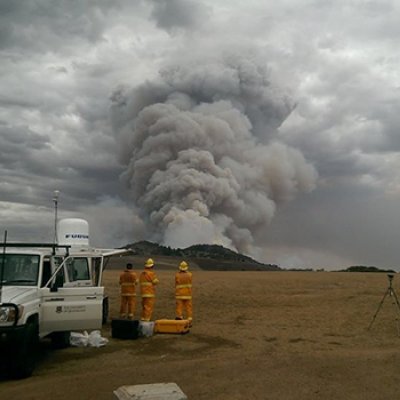
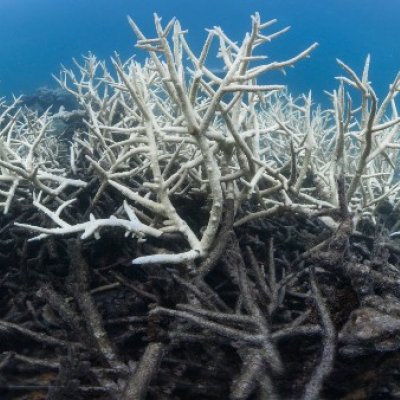
 Image Wen-Sung Chung resized.jpg?itok=JOv8KuZY)
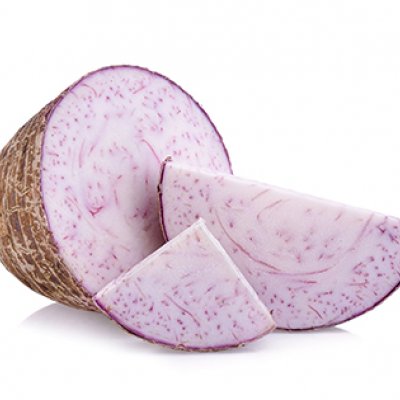
.jpeg?itok=tUeqqAjM)

